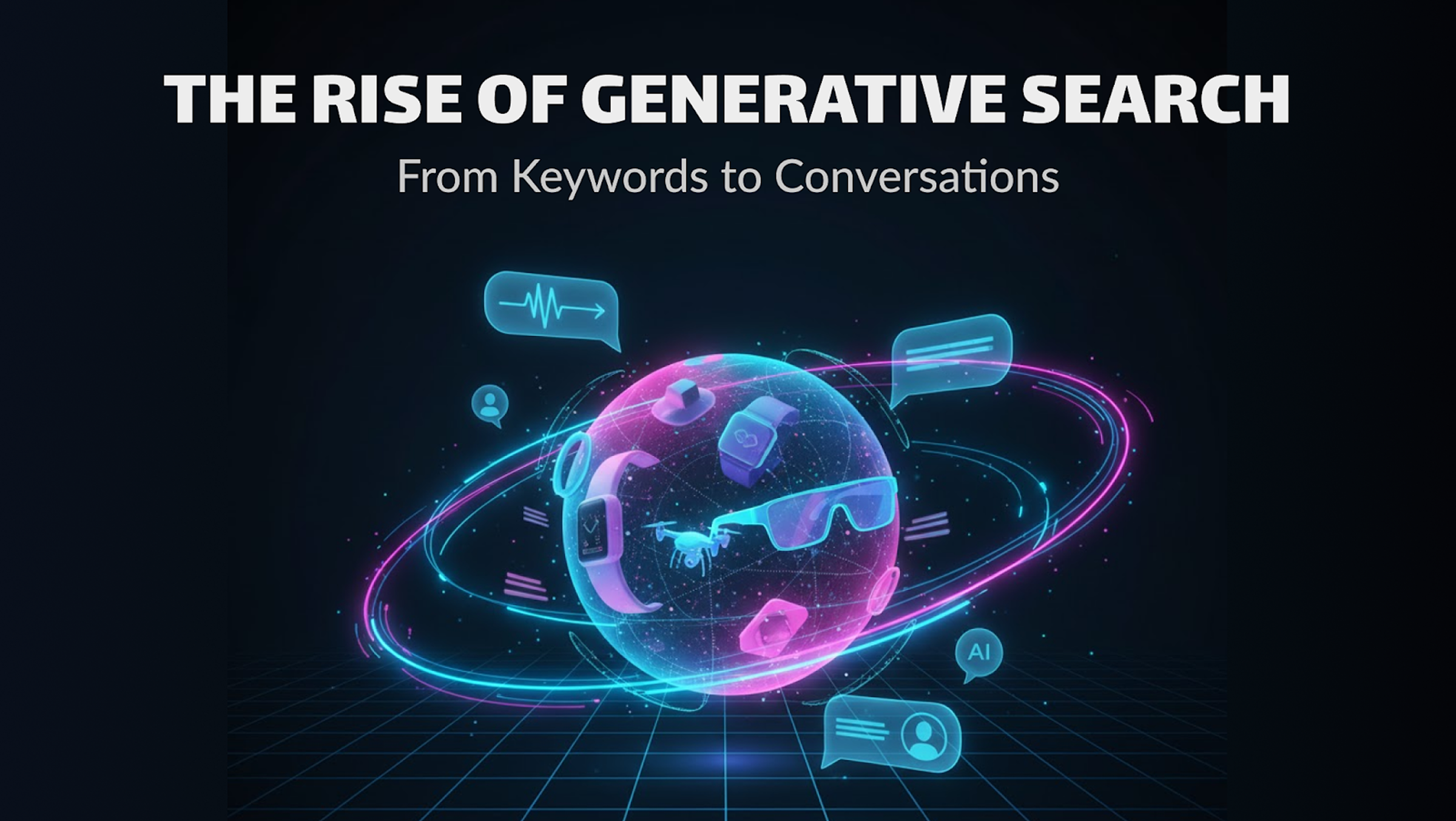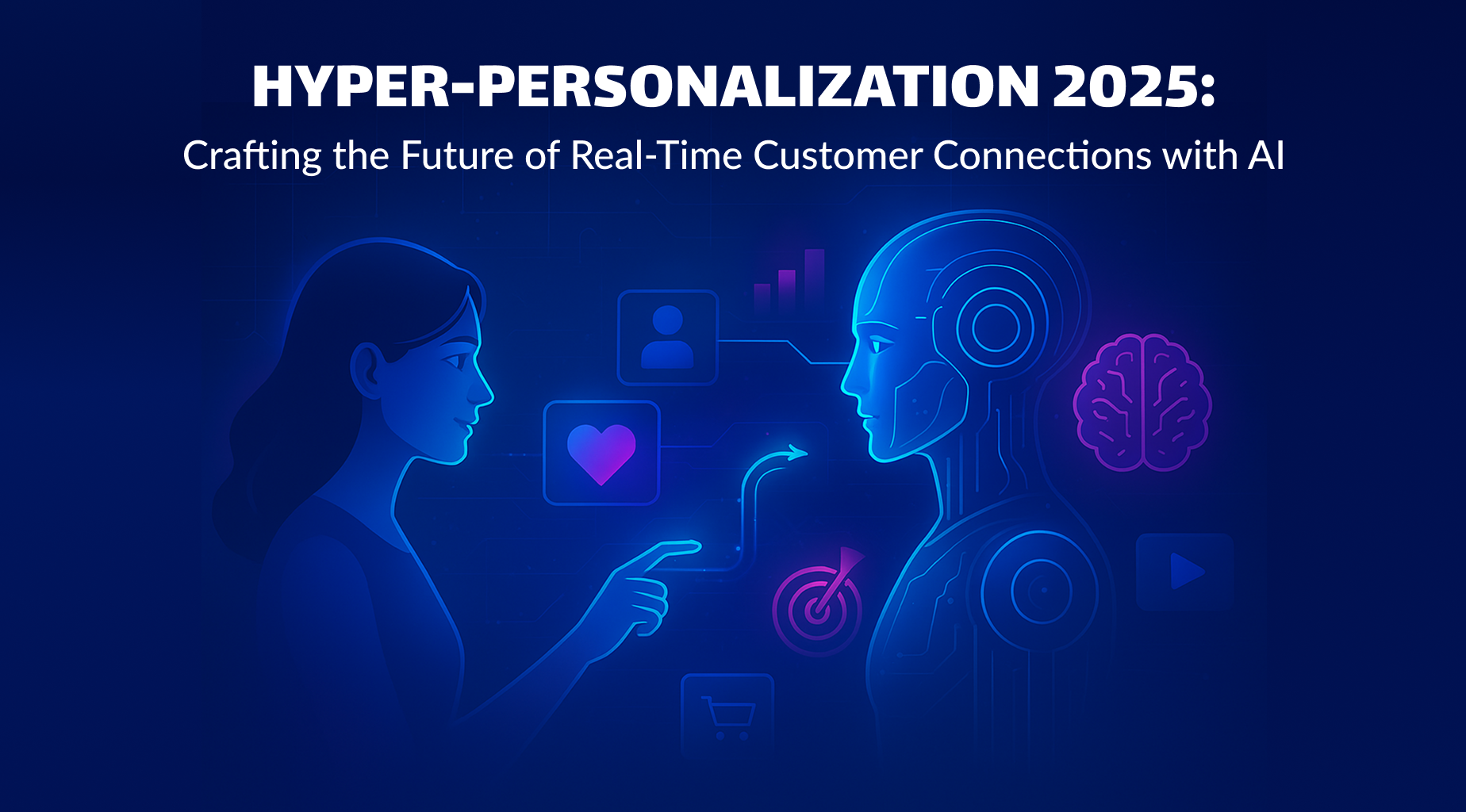The Psychology of Buying: Writing Copy That Converts
When it comes to making purchasing decisions, we're not just thinking about the product or service itself – we're also considering our emotions, values, and social connections. Understanding the psychology of buying is crucial to creating effective marketing copy that resonates with your audience and drives sales.
We're going to delve into the psychology of the buying process and explore the key principles of writing copy that converts. We'll examine the role of cognitive biases, emotional triggers, and social proof in influencing purchasing decisions.
The Psychology of Buying: A Brief Overview
The psychology of buying is a complex and multifaceted field that has been studied extensively by researchers. At its core, the psychology of buying is about understanding why people make purchasing decisions and how to influence those decisions through marketing copy.
One of the key principles of the psychology of buying is the concept of the "buying decision process." This process involves a series of stages, including:
- Awareness: The consumer becomes aware of a problem or need.
- Consideration: The consumer considers various solutions to the problem.
- Evaluation: The consumer evaluates the pros and cons of each solution.
- Purchase: The consumer makes a purchasing decision.
Cognitive Biases: The Hidden Influencers
Cognitive biases are mental shortcuts that influence our perceptions and decisions. They can be both helpful and harmful, depending on the context. In the context of buying, cognitive biases can be a powerful tool for influencing purchasing decisions.
For example, the anchoring bias refers to the tendency to rely too heavily on the first piece of information encountered when making a decision. This can be used to influence purchasing decisions by presenting a high-end product or service as the anchor point, making subsequent options seem more reasonable by comparison (Kahneman & Tversky, 2019).
Another cognitive bias is the social proof bias, which refers to the tendency to follow the actions of others when making a decision. This can be used to influence purchasing decisions by showcasing customer testimonials, reviews, and ratings (Cialdini, 2020).
Emotional Triggers: The Key to Connection
Emotional triggers are a crucial aspect of the psychology of buying. They refer to the emotional connections we make with products, services, or brands. When we connect with a product or brand on an emotional level, we're more likely to buy.
One of the most effective emotional triggers is the storytelling trigger. Storytelling has been shown to increase brand recall, engagement, and sales (Gladwell, 2020). By sharing stories about your brand, products, or services, you can create an emotional connection with your audience and drive purchasing decisions.
Social Proof: The Power of Testimonials
Social proof is a powerful influencer in the psychology of buying. It refers to the tendency to follow the actions of others when making a decision. Social proof can take many forms, including customer testimonials, reviews, ratings, and endorsements.
One of the most effective forms of social proof is the customer testimonial. Customer testimonials have been shown to increase trust, credibility, and sales (Folkes, 2019). By showcasing customer testimonials on your website, social media, or marketing materials, you can create social proof and drive purchasing decisions.
Writing Copy That Converts
So, how can you apply the principles of the psychology of buying to your marketing copy? Here are a few tips:
- Use storytelling to create an emotional connection with your audience.
- Highlight social proof, such as customer testimonials and reviews.
- Use cognitive biases, such as anchoring and social proof, to influence purchasing decisions.
- Focus on the benefits, rather than the features, of your product or service.
- Use clear and concise language to communicate your message.
You can write a copy that resonates with your audience and drives sales if you understand the psychology of buying and apply these principles to your marketing copy.
Want to Take Your Copy to the Next Level?
Understanding the psychology of buying is just the beginning. To truly connect with your audience and drive conversions, you need a powerful tool that aligns with these principles. Cypien AI is here to help.
With Cypien AI, you can craft personalized, emotion-driven copy that highlights social proof, leverages cognitive biases, and resonates with your audience's values.
Ready to elevate your copywriting and maximize your impact? Contact our team today to discover how Cypien AI can revolutionize your marketing strategy.
References:
Cialdini, R. B. (2020). Influence: Science and practice (6th ed.). Allyn & Bacon.
Folkes, V. S. (2019). The differential roles of cognitions and affect in consumer decisions. Journal of Consumer Research, 45(3), 531-544.
Gladwell, M. (2020). The tipping point: How little things can make a big difference. Little, Brown and Company.
Kahneman, D., & Tversky, A. (2019). Prospect theory: An analysis of decision under risk. Econometrica, 87(2), 531-544








